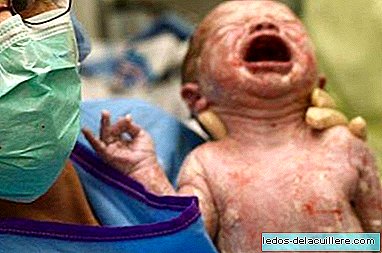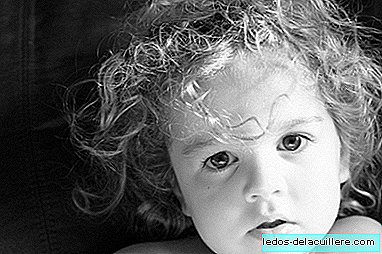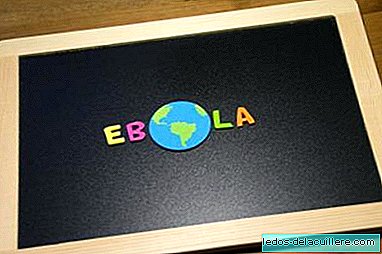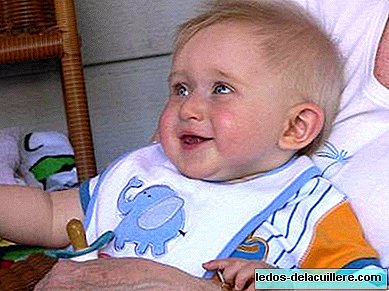
French scientists have gotten identify the gene involved in the baby's first breath, that special moment in which the umbilical cord is cut and the first breath of air enters the lungs of the newborn.
The indispensable gene for newborns to survive their first breath is a protein called "TSHZ3", whose role is essential in neuronal activity.
It is able to control certain elements and cellular behaviors at the time of delivery that allow the baby's respiratory system to start functioning for the first time.
If the birth itself is a significant effort, the first functioning of the lungs involves a great "trauma" for the baby, who has so far lived in an aqueous environment, protected by the amniotic fluid inside the mother's womb to move to an air environment, in which you must start breathing for yourself to survive.
The finding does not only imply giving a specific name to the gene responsible for this complex process that is the baby's first breath.
Scientists go beyond suggesting that the identification of the TSHZ3 gene could serve to investigate its possible involvement in some breathing problems in humans such as apnea and sudden death, which is undoubtedly hopeful.












